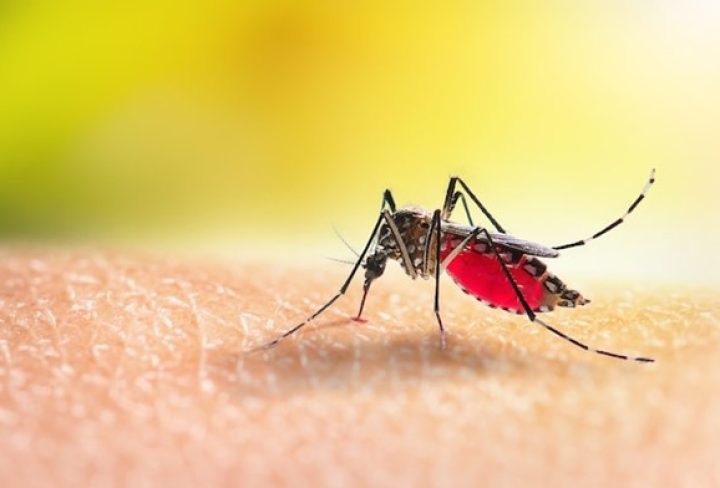Dengue fever is a viral illness that is transmitted by mosquitoes, particularly the Aedes species. It is prevalent in tropical and subtropical regions around the world, including parts of Asia, Africa, and the Americas. Dengue fever can range from mild to severe and can be life-threatening if not properly managed. This article aims to provide patients with valuable information about dengue, including its symptoms, prevention methods, and available treatments.
Symptoms: Dengue fever typically presents itself with symptoms that start to appear about four to seven days after a person has been bitten by an infected mosquito. The common signs and symptoms of dengue include:
- High fever (usually lasting 2 to 7 days)
- Severe headache, especially behind the eyes
- Pain in muscles, joints, and bones
- Rash, which may appear after the fever has subsided
- Nausea and vomiting
- Fatigue and weakness
In some cases, dengue can progress to a more severe form known as dengue hemorrhagic fever or dengue shock syndrome. These severe forms of dengue can cause bleeding, organ failure, and a drop in blood platelet count. Warning signs of severe dengue include severe abdominal pain, persistent vomiting, bleeding gums, difficulty breathing, and fatigue. If any of these symptoms occur, it is crucial to seek immediate medical attention.
Prevention: Preventing dengue fever primarily involves controlling mosquito populations and avoiding mosquito bites. Here are some preventive measures to keep in mind:
- Use mosquito repellents: Apply insect repellents containing DEET, picaridin, or oil of lemon eucalyptus to exposed skin and clothing. Reapply as necessary, especially if you are sweating or spending an extended period outdoors.
- Wear protective clothing: Cover your body as much as possible with long-sleeved shirts, long pants, socks, and closed-toe shoes. This reduces the exposed skin that mosquitoes can bite.
- Eliminate mosquito breeding sites: Mosquitoes that transmit dengue typically breed in stagnant water. Regularly empty, clean, or cover containers that can collect water, such as flowerpots, buckets, and discarded tires.
- Install screens and nets: Keep doors and windows screened to prevent mosquitoes from entering your home. Sleep under a mosquito net, especially if you live in an area with a high prevalence of dengue.
- Avoid peak mosquito activity: Mosquitoes that carry dengue are most active during early mornings and late afternoons. If possible, limit outdoor activities during these times or take extra precautions to prevent mosquito bites.
Treatment: There is no specific antiviral treatment for dengue fever. However, with proper medical care and symptomatic treatment, most people recover within a week or two. Here are some measures to consider if you are diagnosed with dengue:
- Stay hydrated: Drink plenty of fluids to replace the fluids lost through fever, sweating, and vomiting. Oral rehydration solutions, such as electrolyte drinks, can be beneficial.
- Rest: Get plenty of rest to aid in recovery and reduce the risk of complications.
- Manage symptoms: Over-the-counter pain relievers like acetaminophen (paracetamol) can help relieve fever and pain. However, avoid nonsteroidal anti-inflammatory drugs (NSAIDs) such as ibuprofen, as they may increase the risk of bleeding.
- Seek medical care: If you suspect you have dengue fever, it is important to consult a healthcare professional for an accurate diagnosis and appropriate treatment. They can monitor your condition and provide guidance based on the severity of symptoms.
In severe cases of dengue, hospitalization may be required for close monitoring and supportive care. Intravenous fluids, blood transfusions, and other medical interventions may be necessary to manage complications and stabilize the patient’s condition.
Dengue fever is a serious illness that can cause significant discomfort and, in severe cases, life-threatening complications. By understanding the symptoms, taking preventive measures, and seeking timely medical care, you can minimize the risk of dengue infection and ensure a swift recovery. Stay informed, protect yourself from mosquito bites, and work closely with healthcare professionals to manage illness effectively. Remember, your health and well-being are paramount, and early intervention can make a significant difference in your recovery from dengue fever.


